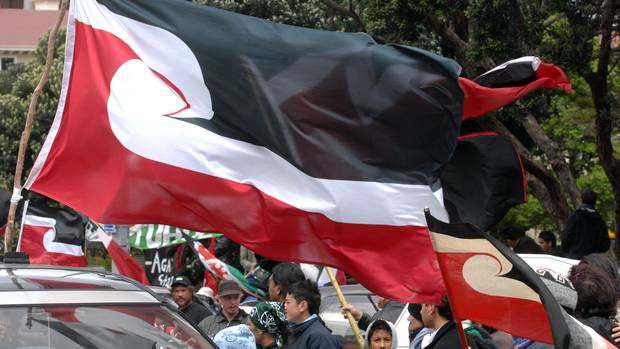Earlier this month the Executive director of the taxpayer-funded Maori Council, Matthew Tukaki, attacked Pope Francis, calling on him to apologise to Maori for colonising New Zealand: this shameful blight on our history “fuelled white supremacy” and supported “dehumanisation, dispossession, murder, and forced assimilation”.
While the Pope no doubt has more pressing concerns than irrational radical activists from New Zealand, the roots of such fanaticism can be traced back to the ideas of the Italian Communist leader, Antonio Gramsci, in the 1920s. Described as the greatest Marxist strategist of the twentieth century, that accolade does not adequately portray the extent of his subversive influence.
Attempting to understand why the great socialist uprising of workers predicted by orthodox Marxism had not eventuated, Gramsci realised that for most people, family, faith, and country, meant more than communist ideology. He, therefore, reasoned that the path to power lay in undermining those cultural pillars of civil society.
His blueprint for a successful Marxist takeover of the West centred on a “long march through the institutions” that shaped minds – schools, universities, seminaries, the arts, cinema, theatre, and the media. He believed that one by one, they could be converted into ‘agencies of the revolution’.
Gramsci urged Marxists to form allegiances with Western intellectuals, who shared their contempt for society. He predicted a cultural revolution that would change the political structure as its final act. He believed such a movement could not be resisted by violence and once it took hold would spread rapidly, engulfing laws, institutions, and social structures.
Group rights were used to create change – feminist rights to undermine the family, while ethnic rights in the name of biculturalism would divide the Church and demonise patriotism.
A key tactic was to blame social deprivation on discrimination – such things as failing health, unemployment, and criminal offending became symptoms of persecution and victimisation, rather than a lack of personal responsibility: a failure to stop smoking, go to the doctor, get immunised, get a good education, find a job…
Professor Elizabeth Rata from Auckland University recounts how, in the sixties, the movement was spearheaded by a radical and political academic elite. Their drive for social justice, which focussed on improving outcomes for Maori, was eagerly adopted by a new professional middle class. Within two decades they succeeded in their primary goal of embedding Maori leaders within government institutions – to change policies and practices from within.
“For us it is more insidious, more subversive because we’ve gone further in the inclusion of ethnicity as a political category. You get inside a system and subvert it. Destroy from within.”
Professor Rata describes how the institutional recognition of Maori rights, “became a veritable march into the heart of government. The re-interpretation of the treaty as a so-called ‘partnership’ is providing the mandate for the march into the institutions to become a march into the constitution. We see the assumption that ‘co-governance’ is the natural next step.”
She worries about the implications for New Zealand’s parliamentary democracy.
“Throughout these four decades of biculturalism the retribalists sit easily, even smugly, on the side of the righteous. They use a history, written by the Waitangi Tribunal in the interests of the submitters, to claim the inheritance of the past. The Treaty is the document of that inheritance.
“The justification for this elite’s power is its claim to represent a tribal people – so such a people must be created and maintained – hence the aggressive retribalisation that we have seen in recent years. Access to Treaty settlements requires individuals to belong to a tribe. Funds from Te Puni Kokiri have enabled tribal registers to be created on line. Educational scholarships require applicants to name their tribe. It is no longer enough to be Maori; one must be tribal Maori.”
Professor Rata is troubled by the fact that New Zealanders appear unaware of the grave threat to democracy posed by biculturalism: “Where is the constant arguing, the tough debate? We’re allowing a small, neotribal elite to have an enormously strong influence on a possible future constitution, which could contain ethnic group rights.”
Just last week, Sir Geoffrey Palmer, a key advocate of biculturalism, renewed his campaign to put the Treaty of Waitangi into the heart of a new constitution for New Zealand. If he succeeds and the Treaty becomes part of a written constitution, the Marxist goal of Maori sovereignty and control of New Zealand would be achieved.
To be continued…

